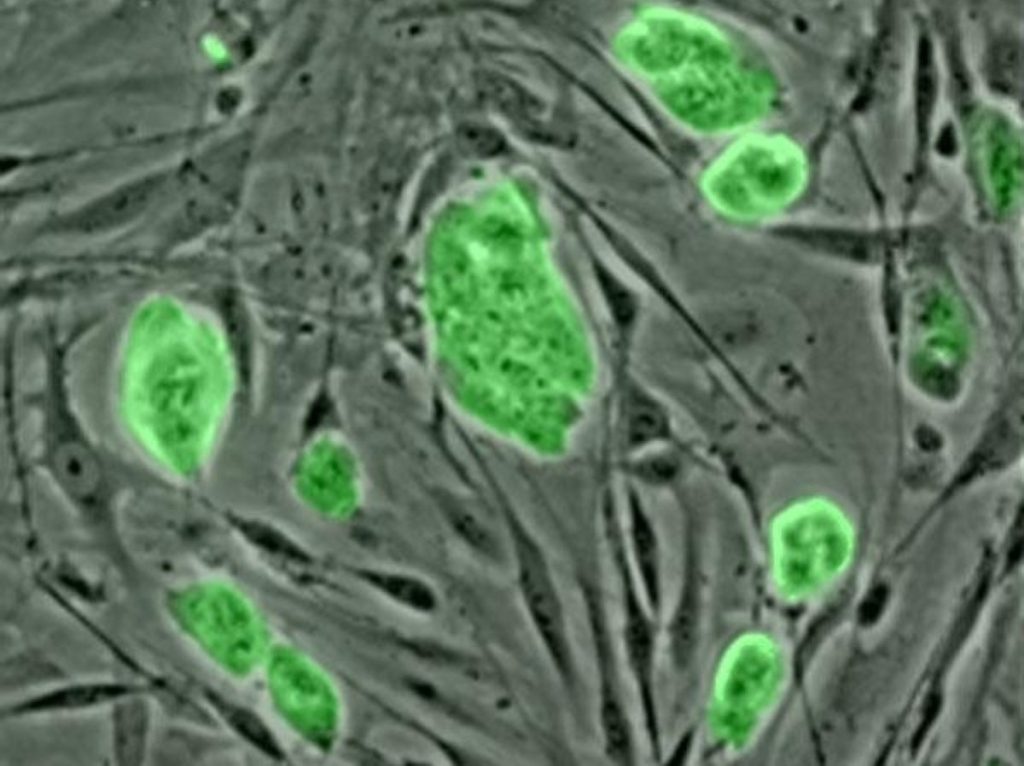Brown appeals to MPs to back “important” stem cell research
Gordon Brown has written to every Labour MP urging them to back the embryology bill.
The prime minister said the “important” research enabled by the bill could produce “new and effective” treatments for conditions including leukaemia, Alzheimer’s, cancer and heart disease.
He said he recognised some people have moral concerns with the research, especially on hybrid embryos, but many doctors see it as a “moral endeavour” as it could pave the way for lifesaving treatment.
Mr Brown yesterday said Labour MPs would be given a free vote on the three most controversial elements of the bill; the creation of animal-human hybrid embryos, IVF research and creation of ‘saviour siblings’.


Labour MPs will, however, be expected to vote for the bill in its entirety in its second and third reading.
Alan Johnson reportedly told Mr Brown at yesterday’s Cabinet meeting that all three measures would likely be passed and it was important Labour MPs could exercise a free vote on some portions, in line with their Conservative and Liberal Democrat counterparts.
Mr Brown had faced the prospect of a Cabinet split, with three Catholic members apparently uneasy with the bill. Ruth Kelly, Paul Murphy and Des Browne were all reported to have accepted yesterday’s compromise measure.
Other Labour ministers, however, remain opposed to the prospect of voting through research they morally object to on the bill’s third reading.
Cardinal Cormac Murphy-O’Conner, the head of the Catholic Church in England and Wales, has accepted the three free votes compromise.
The government has been accused of failing to put forward the case for the bill, which updates the legal framework surrounding assisted reproduction and embryo research.
In writing to MPs, Mr Brown has attempted to recognise their moral objections and dispel many of their concerns.
The creation of animal-human hybrid embryos has been met with the greatest controversy, with Cardinal Keith O’Brien branding the research “monstrous”.
Mr Brown stressed the embryos – which can not be developed beyond 14 days or implanted in a uterus – contain only a “miniscule” amount of animal DNA.
He explained scientists had been prompted to use animal eggs, which have their nucleus removed, because of a “critical” shortage of human eggs, which risks impeding research.
Mr Brown reminded MPs people have religious faith have supported similar research in the past, but said he respected the views “of all those with religious convictions which they see as precluding this type of research”.
“I also see the profound opportunity in lives and quality of life which will be saved if we are able to answer objections and pursue the treatments and cures which will be available to us through this stand of medicine,” he added.












